Can foreigner drive cars in Thailand
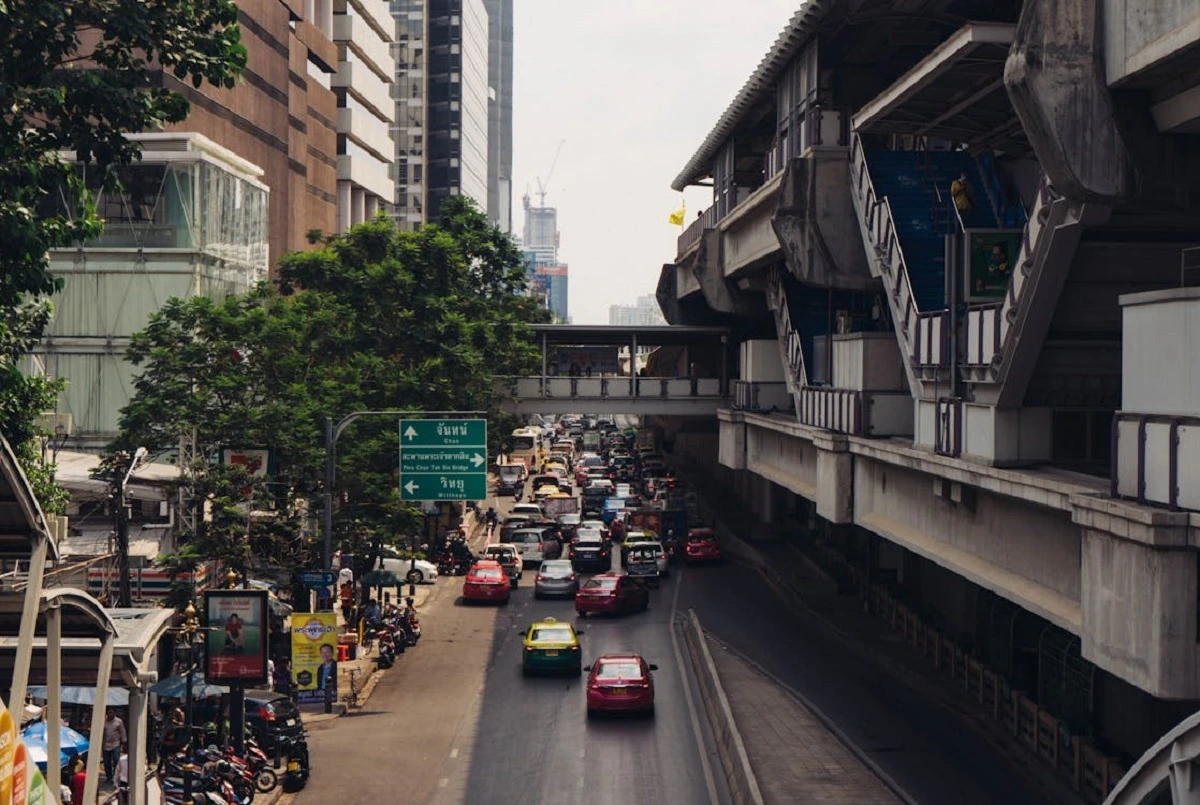
Thinking of exploring Thailand by car? If you’re a foreigner, you might be wondering if you can legally drive in this beautiful country. Navigating the rules and regulations can be a bit daunting, but don’t worry, we’ve got you covered.
Understanding whether you can drive in Thailand as a foreigner involves knowing about international driving permits, local laws, and insurance requirements. Whether you’re planning a short holiday or a longer stay, it’s crucial to be well informed to avoid any legal issues and ensure a smooth journey.
Driving in Thailand for foreigners
Foreigners can drive in Thailand by adhering to specific regulations, including having the necessary documentation. An International Driving Permit (IDP) is typically required. Ensure your IDP is valid before arrival to avoid complications.
Requirements for foreign drivers
Foreigners driving in Thailand in 2024 must follow specific requirements. Compliance ensures legal and safe driving.
Necessary documents
- International Driving Permit (IDP): Valid for one year, it translates your home licence.
- Home Country Driving Licence: Use if it’s in English; otherwise, accompany it with a Thai translation.
- Thai Driving Licence: For stays longer than a year, acquire a Thai licence. You’ll need a medical certificate, vision and colour blindness tests, a driver’s education class, and written and practical tests. Bring a valid visa and proof of residency.
Insurance requirements
- Third-Party Insurance: Mandatory for all vehicles. Covers damages to others in an accident.
- Comprehensive Insurance: Optional but recommended. Provides broader coverage, including theft, fire, and personal accidents.
- Car Rental Insurance: If renting a car, ensure the rental includes adequate insurance. Read the fine print to know what’s covered.
Temporary driving permit
Thailand offers temporary driving permits for short-term stays:
- Validity: Up to three months.
- Requirements: Submit passport, visa, and international driving permit.
- Application: Processed at local Department of Land Transport offices. Efficient and convenient for tourists.
Driving in Thailand requires understanding these regulations. Assemble the necessary documents, insurance, and permits to enjoy a trouble-free journey.
Renting a car in Thailand
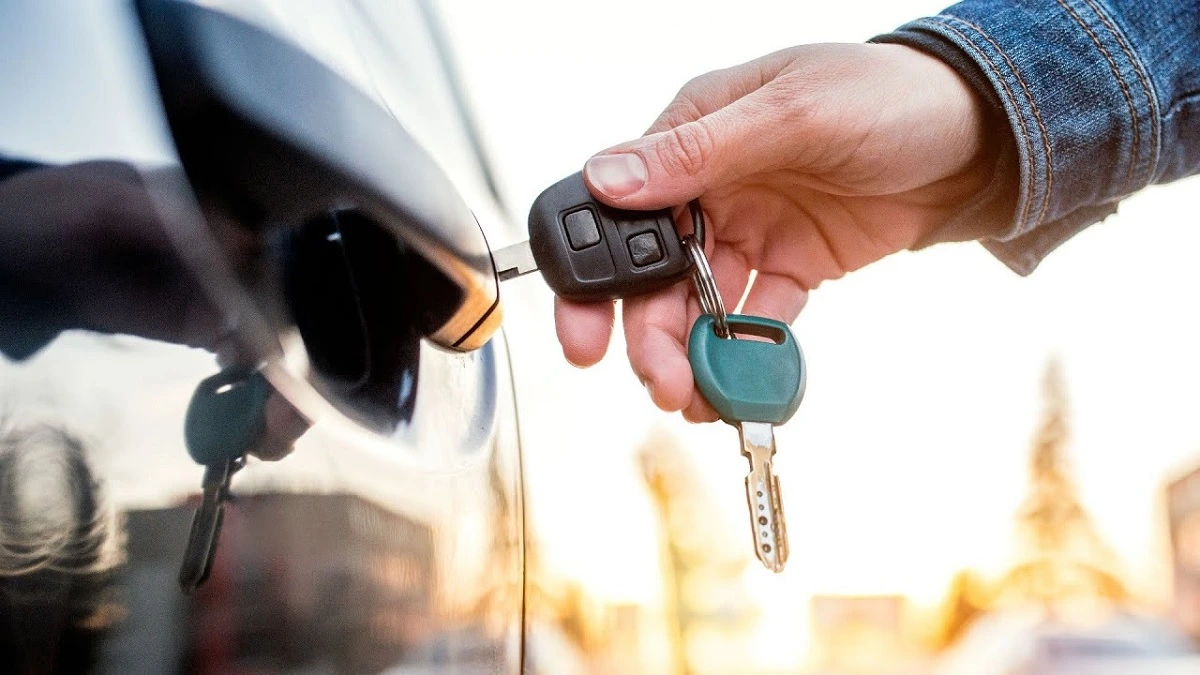
Renting a car in Thailand grants flexibility and convenience for exploring diverse regions at your own pace. Ensure you understand the requirements and costs before finalising your rental agreement.
Requirements for renting
To rent a car, most rental companies mandate the following documents:
- A valid driving licence from your home country.
- An international driving permit (IDP).
- A passport with a valid visa.
Individuals must be at least 21 years old, although some agencies specify 23 as the minimum age. A credit card in the driver’s name is generally required for the security deposit and rental charges.
Rental costs and insurance
Rental costs in Thailand vary based on the vehicle type, duration, and season. On average, renting a compact car starts at THB 800 per day. Premium vehicle rentals can exceed THB 3,000 per day during peak season.
Insurance coverage is crucial. Basic third-party insurance is typically included, but comprehensive insurance is recommended. This covers theft, damage, and accidents. Ensure the policy details and excess amounts (deductibles) are clear.
Rental agreement tips
- Understand Terms and Conditions: Read the rental agreement carefully to understand policies regarding fuel refills, mileage limits, and insurance coverage.
- Return Policies: Make sure to return the car on time to avoid additional fees; check if there are any specific instructions regarding fuel levels upon return.
- Emergency Assistance: Inquire about roadside assistance options provided by the rental company in case of breakdowns or accidents.
Things you need to know before driving as foreigners
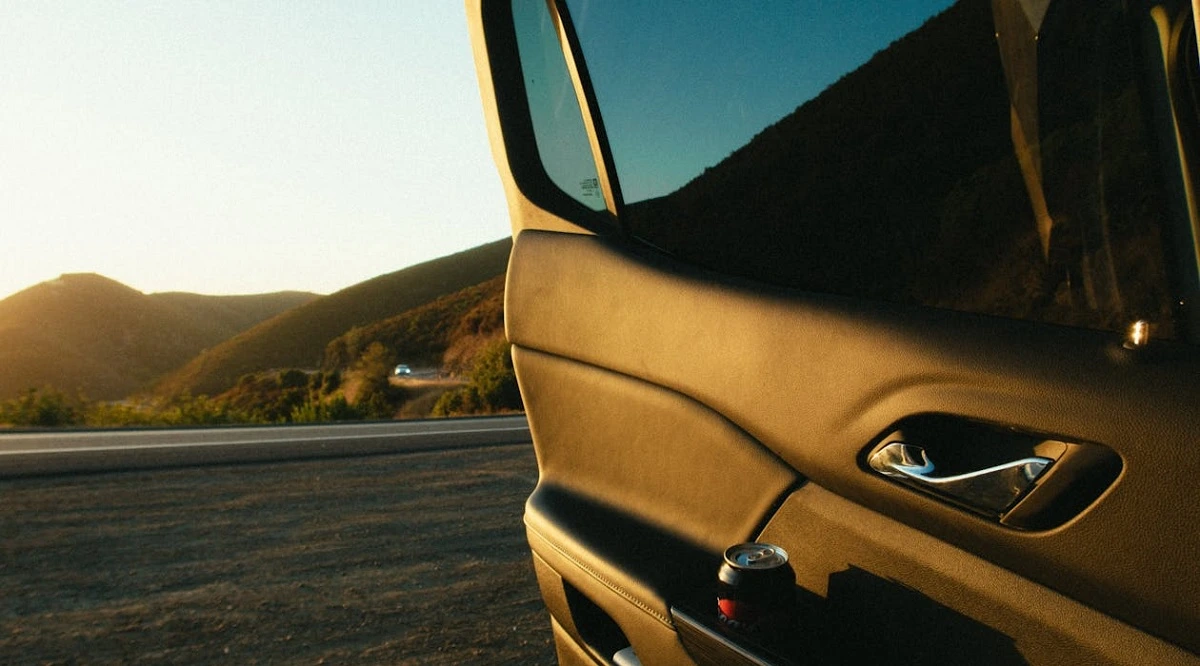
Can I drive in Thailand with a UK Licence?
Yes, you can drive in Thailand with a UK driver’s license, but there are important considerations to keep in mind. While a valid UK license allows you to rent a vehicle in Thailand, it is highly recommended to obtain an International Driving Permit (IDP) before your trip. The IDP serves as a translation of your UK license and is recognized internationally, making it easier to communicate with local authorities if needed. Always carry your UK license, IDP, and other necessary documents while driving. Having these documents not only ensures compliance with local laws but also provides peace of mind while navigating Thailand’s roads.
Is it a good idea to drive in Thailand?
Driving in Thailand can be a rewarding experience, offering travellers the freedom to explore the country’s diverse landscapes and vibrant cities at their own pace. One of the primary advantages of driving in Thailand is the flexibility it provides. With a rental car, you can create your own itinerary, making spontaneous stops at local attractions, markets, and beautiful beaches that public transport may not reach.
Additionally, Thailand boasts stunning scenic routes, such as coastal drives along the Andaman Sea and mountainous paths in the north, enhancing your travel experience. Moreover, driving can be more comfortable than relying on crowded buses or taxis, especially for families or groups. You have the convenience of air conditioning and personal space, allowing for a more enjoyable journey. Engaging with local culture is another benefit; driving gives you the opportunity to interact with locals and discover hidden gems off the beaten path.
Can I bring my car to Thailand from the UK?
What is the car rule in Thailand?
In Thailand, driving regulations are governed by the Road Traffic Act, which outlines essential rules for all motorists. One of the primary rules is that drivers must drive on the left side of the road, a practice stemming from British influence. It is mandatory for all drivers to have a valid driver’s license at all times, and for foreigners, an International Driving Permit (IDP) is highly recommended to accompany their home country license. Seatbelt use is compulsory for all passengers, and children under six must be secured in appropriate child seats.
The speed limit may vary according to the area
| Area Type | Speed Limit (km/h) |
|---|---|
| Urban Areas | 80 |
| Rural Roads | 90 – 120 |
| Highways | Up to 120 |
Can a foreigner drive a tuk-tuk in Thailand?
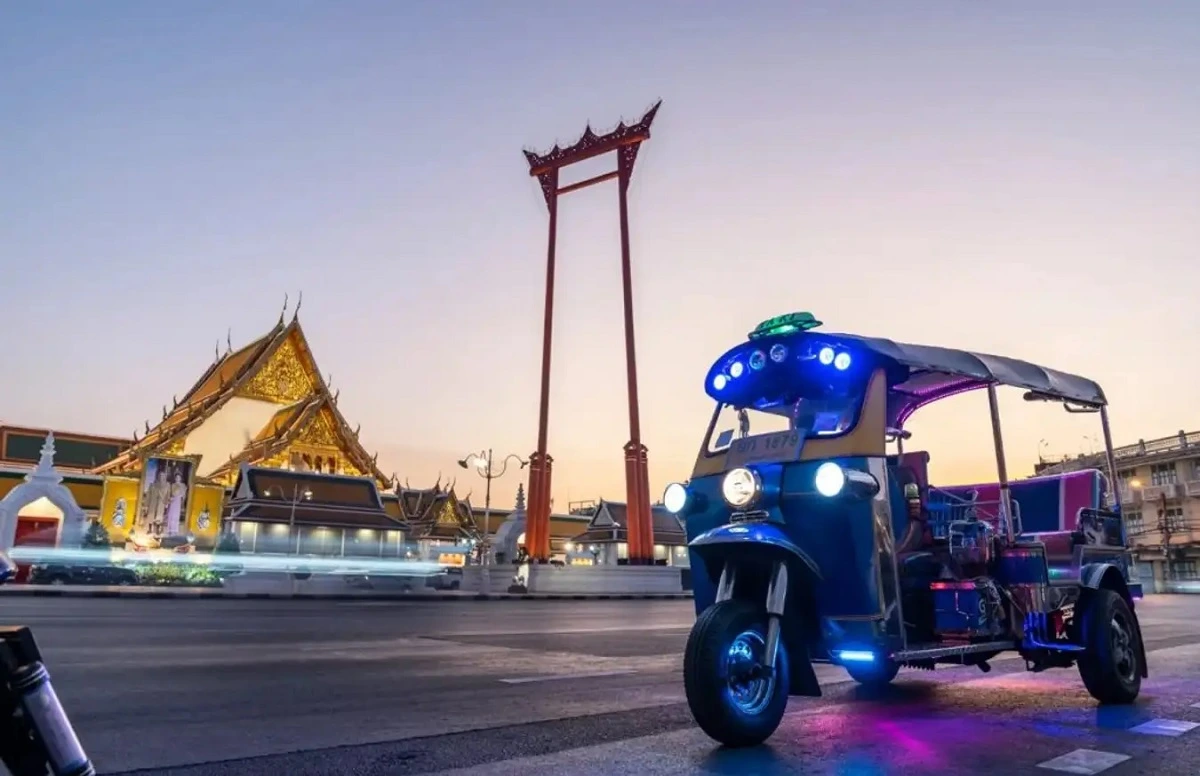
Yes, a foreigner can drive a tuk-tuk in Thailand, particularly through organized self-drive tours. These tours allow travellers to operate their own tuk-tuk while following a guided convoy, providing a unique way to explore the countryside. To participate, you typically need a valid driver’s license from your home country along with an International Driving Permit (IDP). The IDP is essential as it serves as a translation of your license and is often required by tour companies.
Driving a tuk-tuk is relatively straightforward; they are designed to be user-friendly, combining features of both motorcycles and small vehicles. Before starting the journey, participants usually receive training on how to operate the tuk-tuk safely. This includes practicing basic manoeuvres and understanding the vehicle’s controls. While driving a tuk-tuk can be an exhilarating experience, it’s important to be aware of local traffic regulations and driving customs. Traffic in Thailand can be chaotic, especially in urban areas, so having defensive driving skills is crucial. Overall, driving a tuk-tuk offers an adventurous way to experience Thailand’s culture and scenery, making it popular.
How long can foreign cars stay in Thailand?
Foreign cars can stay in Thailand for a limited period, primarily depending on the visa status of the driver. If you’re entering Thailand with a tourist visa, your vehicle is typically allowed to remain in the country for up to 60 days. However, if you enter under a visa exemption, you may only be permitted to stay for 30 days.
For those looking to extend their stay, it is possible to apply for an extension at the local immigration office, which can provide an additional 30 days. In some cases, foreign vehicles can be temporarily imported into Thailand for up to six months without incurring import duties, provided that the vehicle is intended for re-export.To facilitate the temporary importation process, drivers must comply with customs regulations and present necessary documentation, including proof of ownership and insurance that is valid in Thailand.
It’s crucial to keep track of the duration of your stay to avoid penalties. If you exceed the allowed duration, fines may apply, and customs may require you to pay a deposit. Overall, understanding these regulations is essential for foreigners wishing to drive their vehicles in Thailand.
Can I have a beer and drive in Thailand?
In Thailand, it is not advisable to drink and drive, as the legal blood alcohol concentration (BAC) limit is set at 0.05%. This limit applies to all drivers, including foreigners. Consuming alcohol can impair your ability to drive safely, and even small amounts can put you over the legal limit, especially considering factors like body weight and food intake. Generally, one small can of beer may be close to this limit, but individual tolerance varies widely. Penalties for driving under the influence are severe.
First-time offenders face fines ranging from 5,000 to 20,000 baht and possible imprisonment of up to six months. Repeat offenders may face harsher penalties, including longer jail sentences. Additionally, law enforcement frequently conducts sobriety checkpoints, especially during holidays or festivals, making it risky to drive after drinking. Given these regulations and the serious consequences of DUI offences in Thailand, it is highly recommended to avoid drinking alcohol if you plan to drive. Instead, consider alternative transportation options such as taxis or ride-sharing services to ensure your safety and compliance with local laws. Prioritizing safety is essential for both yourself and others on the road.
Is driving in Phuket difficult?
While traffic can be busy, especially in popular tourist areas, many drivers find that navigating Phuket becomes easier with familiarity. The availability of GPS and navigation apps helps alleviate concerns about getting lost. Additionally, renting a vehicle often proves more economical than relying solely on taxis or tuk-tuks, particularly for families or groups.
Many visitors appreciate the convenience of having their own transportation to visit various attractions, such as the Big Buddha or Phang Nga Bay. Ultimately, with a bit of caution and defensive driving, many tourists find that driving in Phuket enhances their travel experience by providing flexibility and the opportunity to create unforgettable memories.
Is it expensive to own a car in Thailand?
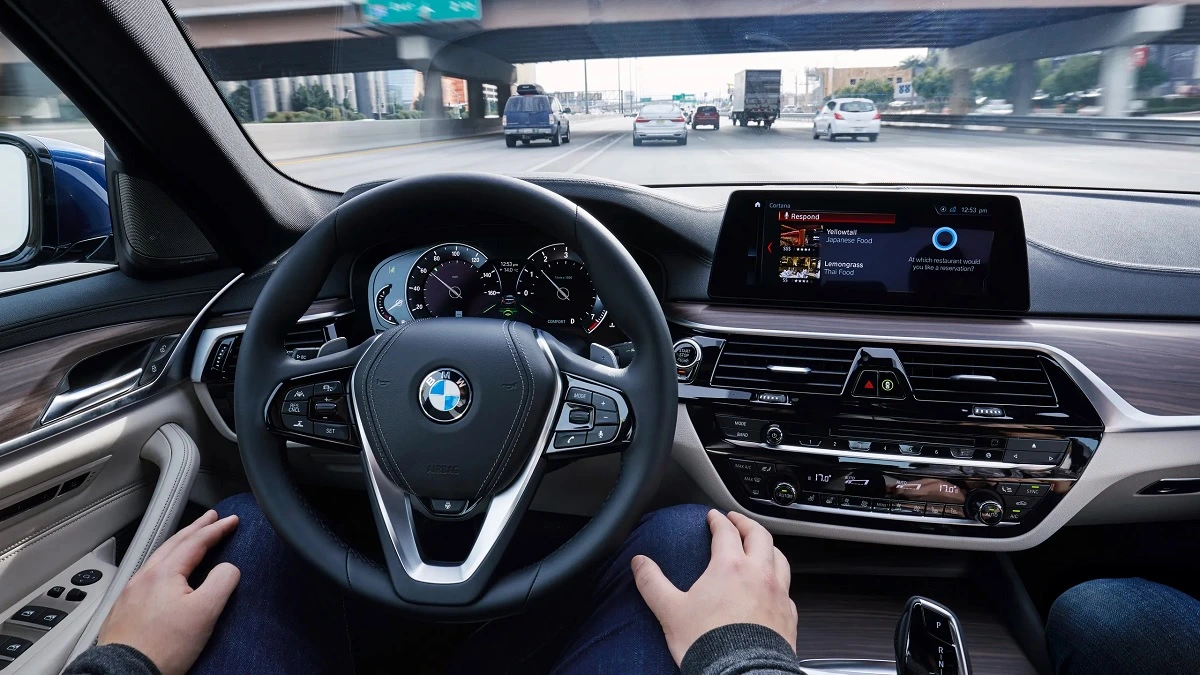
Owning a car in Thailand as a foreign tourist can be a practical choice, especially for those planning an extended stay. While there are costs associated with car ownership, such as insurance and maintenance, many find these manageable compared to the convenience it offers. Fuel prices are relatively low, making regular driving affordable. Additionally, having your own vehicle allows for greater flexibility to explore Thailand’s beautiful landscapes and attractions at your own pace.
The availability of various local car brands often means lower taxes and better resale value. Moreover, renting a car can become costly over time, so purchasing one can be more economical for long-term visitors. With a little research and an understanding of local regulations, owning a car can enhance your travel experience in Thailand by providing the freedom to discover hidden gems and enjoy spontaneous adventures. Overall, while there are expenses involved, many tourists find that the benefits of car ownership in Thailand make it a worthwhile investment.
Can a tourist own a car in Thailand?
Do you need insurance to drive a car in Thailand?
Yes, insurance is mandatory to drive a car in Thailand. All vehicles must have valid compulsory motor insurance, known as “Por Ror Bor,” which provides basic coverage for bodily injury and death resulting from accidents. This insurance is essential for legal operation on Thai roads and is required for vehicle registration renewal. While this compulsory insurance offers limited protection, many drivers opt for additional coverage, such as comprehensive or third-party liability insurance, to ensure better financial security in case of accidents. Having adequate insurance not only fulfils legal requirements but also provides peace of mind while navigating Thailand’s roads, where traffic can be unpredictable.
Is Thailand left or right-hand drive?
Thailand drives on the left side of the road, a practice influenced by British customs. This system was established in the early 1900s when the first car was gifted to the King of Thailand and was designed for left-hand driving. Consequently, the country built its roads to accommodate this driving style. For travellers from countries that drive on the right, adjusting to left-side driving may take some time, but many find it manageable with practice. The left-hand driving system allows for a unique exploration of Thailand’s beautiful landscapes and attractions, enhancing the overall travel experience.
Some emergency contacts
Here are the emergency contact numbers in Thailand presented in bullet points:
- Tourist Police: 1155
- General Emergencies: 191
- Ambulance Services: 1669
- Fire Department: 199
Keep these important contact numbers handy in case of emergencies while travelling in Thailand.
Other useful resources about automotive in Thailand
Latest Thailand News
Follow The Thaiger on Google News:


























